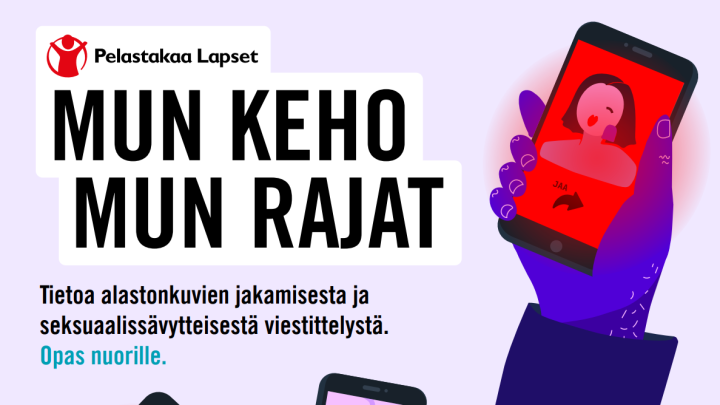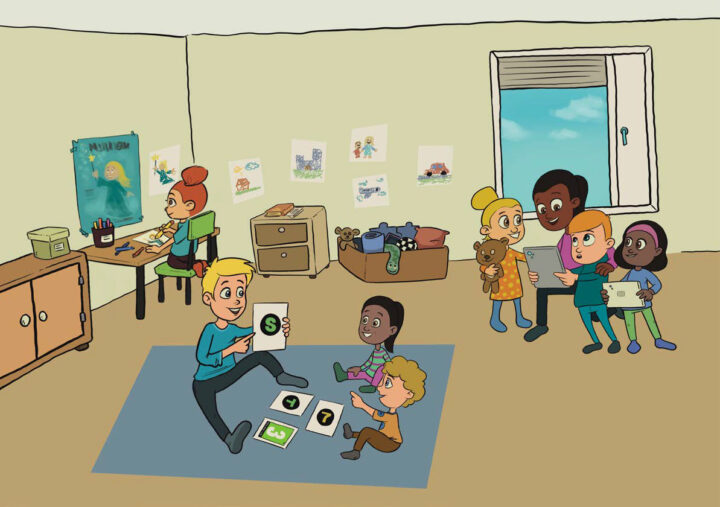Maksuttomia materiaaleja mediakasvatukseen
Mediataitokoulu on Kansallisen audiovisuaalisen instituutin ylläpitämä verkkopalvelu, joka tarjoaa tutkittua tietoa ja suomalaisten mediakasvatusorganisaatioiden tuottamia maksuttomia materiaaleja mediakasvattajien työn tueksi.
Tilaa painettuja materiaaleja
Tilaa painettuja materiaaleja maksuttomasti Kansallisen audiovisuaalisen instituutin verkkokaupasta.
Rekisteröidy käyttäjäksi
Rekisteröitymällä voit kerätä itsellesi oleelliset oppimiskokonaisuudet muistilistalle.














